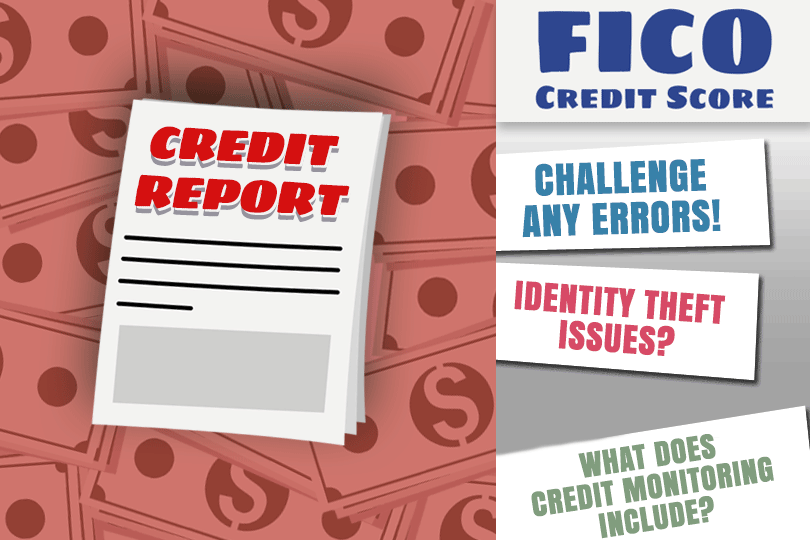Credit Issues to Beware of When Buying a Home

Some of those things are specifically related to your credit qualifications. In an era where lender standards have tightened, it’s more important than ever to pay attention to these issues long before application time.
Credit Issues to Avoid: Too Much Credit
By this we do not mean having a high credit limit on an individual card but rather having too many open credit accounts that eat away at your monthly income.
It’s a mistake to pay off and then close a credit account if you think that closing the account will improve your credit scores--it won’t. Paying off these accounts or paying them down below 30% of the total limit may be the more important factor here.
Credit Issues to Welcome: Higher Credit Limits
Is your credit card offering you a higher credit limit? It may be smart to take that higher limit, but not use it. That’s because if you carry $2,000 on a card with a $2,500 limit, your credit utilization percentage is higher than 50% for that account, which can be a credit negative.
Having the limit on that same account increased to $5,000 but maintaining a balance at $2,000 or lower means your credit utilization ratio is far different.
Lenders like to see good credit utilization, and keeping balances on all accounts well below 50% is advisable. For some, this may be a challenge and take more time, but the time you invest in getting your balances to a lower level is worth the wait where loan approval is concerned.
Auto Loans and Auto Leases
Some finance blogs report lenders taking a dim view of auto loans that have longer terms, the implication being that the longer term was needed because the borrower potentially struggles with the payments of a shorter-term car loan.
This may vary depending on the lender and your credit picture, but it’s worth being mindful of as you enter the loan planning stages.
Another thing to beware of? Car leases.
Don’t expect your lender to view an auto lease the same as a loan; the difference in the minds of some is that at the end of the loan, the borrower has an asset that may be a factor in loan approval. On the other hand, a lease does not offer anything at the end of the agreement--you own nothing.
How your participating FHA lender interprets that in the context of your loan application will depend on a variety of factors, but it’s worth knowing that this could be an issue for some.
------------------------------
RELATED VIDEOS:
Keep Your Eyes on Your Loan Balance
Learn About FHA Loan Prepayments
Taking Out a Home Loan Makes You a Borrower

Do you know what's on your credit report?
Learn what your score means.







